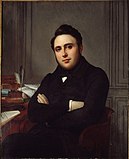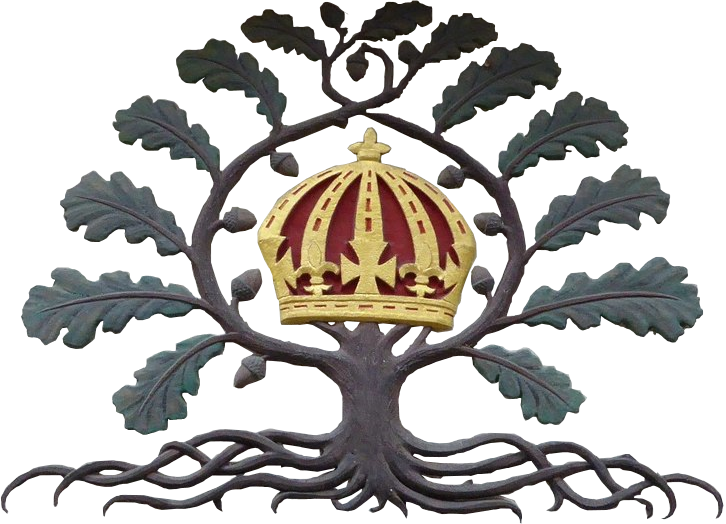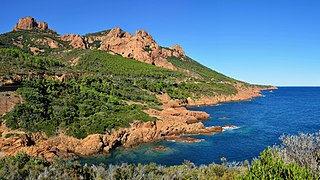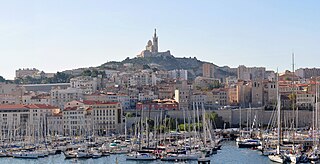
Camille Hyacinthe Odilon Barrot was a French politician who was briefly head of the council of ministers under Prince Louis Napoleon in 1848–49.
Jean-François Reubell or Rewbell was a French lawyer, diplomat, and politician of the Revolution.
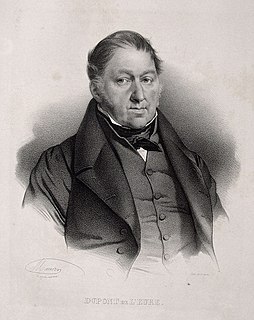
Jacques-Charles Dupont de l'Eure was a French lawyer and statesman.

The Constitution of the Year VIII was a national constitution of France, adopted on December 24, 1799, which established the form of government known as the Consulate. The coup of 18 Brumaire had effectively given all power to Napoleon Bonaparte, and in the eyes of some, ended the French Revolution.
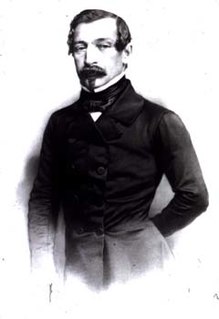
The French coup d'état of 2 December 1851 was a self-coup staged by Prince Louis-Napoléon Bonaparte. It ended in the successful dissolution of the French National Assembly and the subsequent re-establishment of the French Empire the next year. When he faced the prospect of having to leave office in 1852, Louis-Napoléon staged the coup in order to stay in office and implement his reform programs; these included the restoration of universal male suffrage. His political measures, and the extension of his mandate for 10 years, were popularly endorsed by constitutional referendum. A mere year later, the Prince-President reclaimed his uncle's throne as Emperor of the French under the regnal name Napoleon III.

The June Days uprising was an uprising staged by the workers of France from 23 to 26 June 1848. It was in response to plans to close the National Workshops, created by the Second Republic in order to provide work and a source of income for the unemployed, albeit with pay just enough to survive. The National Guard, led by General Louis Eugène Cavaignac, was called out to quell the protests. Things did not go peacefully and over 10,000 people were either killed or injured, while 4,000 insurgents were deported to Algeria. This marked the end of the hopes of a "Democratic and Social Republic" and the victory of the liberals over the Radical Republicans.

The French Constitution of 1852 was enacted on 14 January 1852 by Charles Louis Napoléon Bonaparte. Slightly modified later that year, on 25 December 1852 the constitution became the basis for the creation of the French Second Empire.
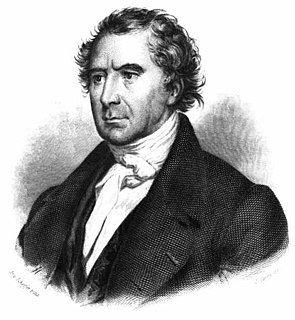
The Executive Commission of 1848 was a short-lived government during the French Second Republic, chaired by François Arago, that exercised executive power from 9 May 1848 to 24 June 1848. It succeeded the Provisional Government of 1848 and was in turn replaced by the Cabinet of General Cavaignac. The members of the Commission acted as joint head of state.
The year 1848 in France, like in other European countries, is mostly remembered as the year of a revolution that deposed king Louis Philippe and brought Napoleon III to power as president of the second republic.

The President of the Federal Democratic Republic of Nepal is the head of state of Nepal and commander in chief of the Nepalese Armed Forces. The office was created in May 2008 after the country was declared as a republic. The first President of Nepal was Ram Baran Yadav. The current president is Bidhya Devi Bhandari, elected in October 2015. She is the first female Nepali head of state. The President is to be formally addressed as "The Right Honourable ".

The 1848 Revolution in France, sometimes known as the February Revolution, was one of a wave of revolutions in 1848 in Europe. In France the revolutionary events ended the July Monarchy (1830–1848) and led to the creation of the French Second Republic.
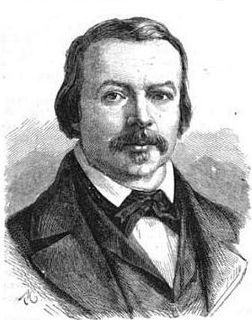
Ferdinand Flocon was a French journalist and politician who was one of the founding members of the Provisional Government at the start of the French Second Republic in 1848. He was Minister of Agriculture and Commerce for the Executive Commission of 1848. He opposed Louis Napoleon and was forced into exile in the Second French Empire (1852–1870).

The Moderate Republicans were a large political group active from the birth of the French Second Republic (1848) to the collapse of the Second French Empire (1870).

Démosthène Ollivier was a French businessman and politician. He was a staunch democrat and Republican, and was opposed to the Bourbon Restoration and the monarchy of Louis Philippe I. In the 1830s he was a friend of the Italian nationalist politician Giuseppe Mazzini. He was elected to the Constituent Assembly after the revolution of 1848. He protested the 1851 coup by Prince Louis Napoleon, and was forced into exile. His son Émile Ollivier became a prominent politician, and Démosthène Ollivier was allowed to return to France in 1860.

Jean-Pierre Lamotte-Rateau was a French lawyer and politician who represented the department of Charente in the Constituent Assembly and then the Legislature during the French Second Republic. He is known as author of the Rateau proposal to dissolve the Constituent Assembly before all the organic laws had been passed, this preventing any reduction in the powers of the President Louis Napoleon Bonaparte.
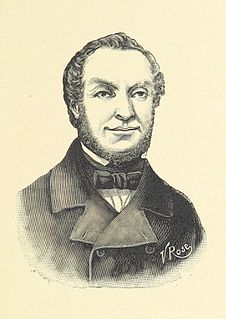
Mathieu Jean Louis Désiré de Combarel de Leyval was a French landowner and politician. He was a member of the National Assembly during the July Monarchy and the French Second Republic.




